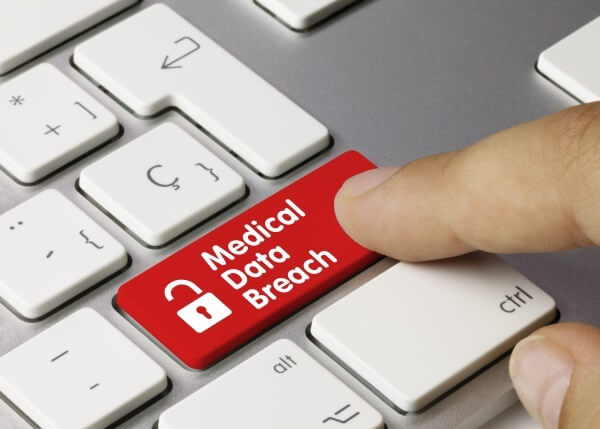Blog
3 Reasons Cyber threats Against Healthcare Are Increasing
Did you know that healthcare organizations are among the cybercriminals’ favorite targets? When it comes to cyber threats, you need to take them seriously with the right threat intelligence, especially in today’s digital world. Medical data and personal data could be stolen by hackers and when it’s stolen, it could be devastating for both your organization and the patient. What you may want to know is why cyber threats are on the increase in the healthcare industry. Here are three of those reasons.
1. Highly Valuable Information
Cyber threats are common in the medical industry because there is so much valuable content. Just think about it: medical organizations keep social security numbers, insurance information, dates of birth and medical history. All of this information could be even more valuable than financial information. Part of this is because a thief can steal an identity, see a doctor and get prescribed drugs or file insurance claims.

Criminals prey on vulnerable people and see patients as even more vulnerable. Sometimes, a hacker might pretend to be an insurance agent to collect the money or pretend to be a company representative offering identity theft protection. In the latter case, the hackers will get patients to pay to have their information returned.
2. Less Cybersecurity
Unfortunately, healthcare organizations often lag behind the latest threat intelligence. Given that there are many applications used by healthcare systems, there are often outdated applications and operating systems that can no longer be supported. The main goal of a healthcare provider is to focus on patient care and because of this, cybersecurity isn’t always a priority, and institutions have to make do with outdated systems and applications. Without updated tools, criminals pose a real risk.
In addition to outdated technology, healthcare organizations don’t normally undergo the same type of pressure to invest in cybersecurity as financial institutions do. Cybersecurity cannot be a priority over patient care but organizations have to take good care of it. When an organization doesn’t pay attention to threat intelligence, the business is more likely to suffer multiple attacks.
3. Easy Targets
It might sound like hard news to hear but health organizations are easy targets. The reason for this is because a healthcare organization has a large surface for attack. The system is complex and there are a lot of medical devices that have little to no protection. Likewise, medical organizations have a lot of different types of patient data with a lot of people who have access to that data. Healthcare organizations also have a lot of students, vendors and temporary workers, which makes the organization even more vulnerable. The more vulnerable a company is, the more likely it is that a hacker will try to find a way into the company to steal information.

Cyber threats are increasing in almost every industry, but they’re becoming even more common in the healthcare organization. There are a lot of reasons for this. On one hand, healthcare organizations do not usually invest in the latest threat intelligence and cybersecurity. Also, there tends to be a lot of valuable information for criminals to get their hands on. In order to avoid cyber threats, updating the systems and investing in better cybersecurity is the best way out.
Read the other articlesHave questions?
We work hard to improve our services for you. As part of that, we welcome your feedback, questions and suggestions. Please let us know your thoughts and feelings, and any way in which you think we can improve our product.
For a quick response, please select the request type that best suits your needs.
Threat Intelligence Platform uses cookies to provide you with the best user experience on our website. They also help us understand how our site is being used. Find out more here. By continuing to use our site you consent to the use of cookies.